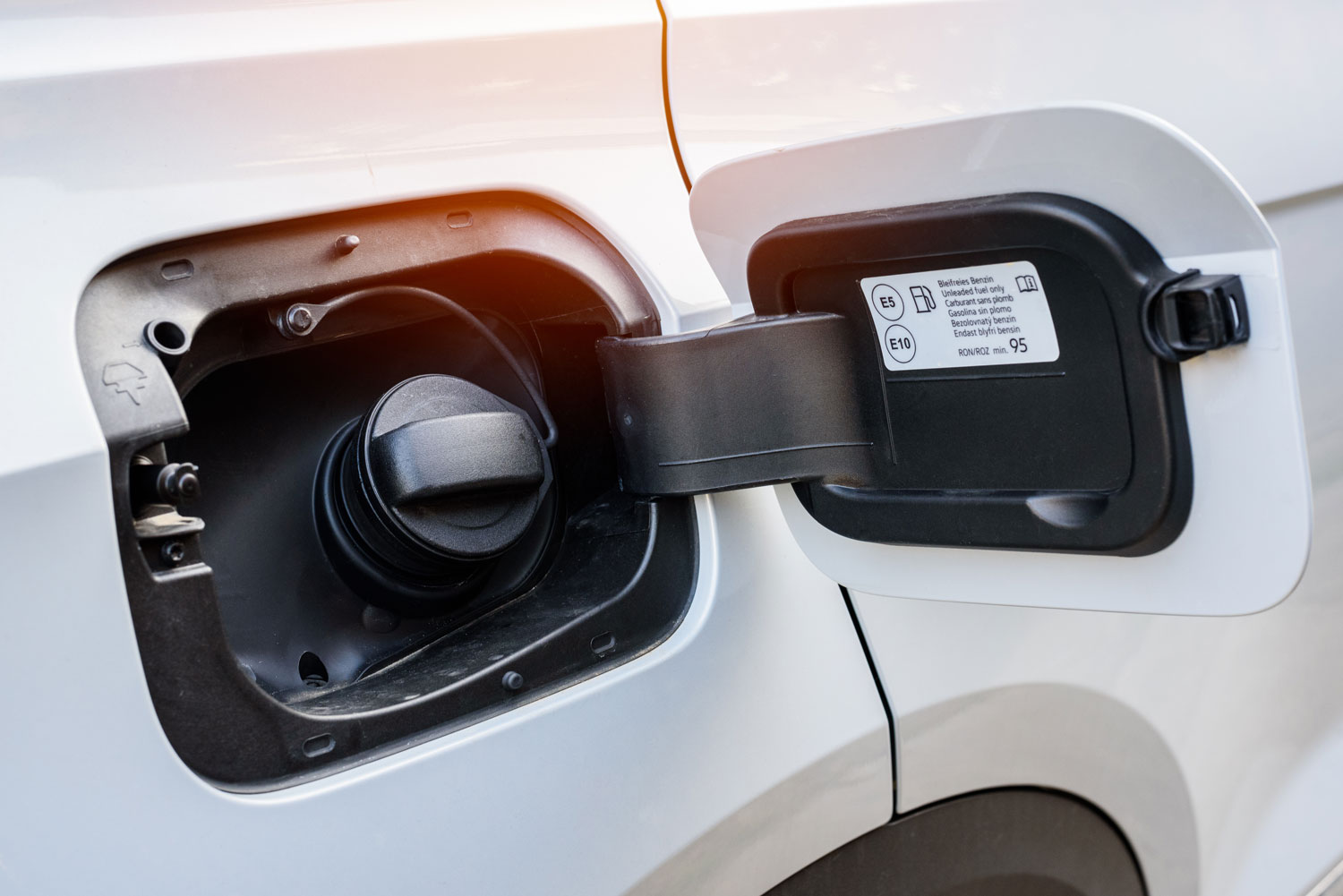What Are Fuel Additives?
Before you add magical elixirs to your car’s fuel tank, here’s the science behind the claims made on the bottle.
 Getty Images
Getty Images
Article QuickTakes:
Most drivers know that gasoline is refined from crude oil, but the other chemicals found in the fuel that flows through your car’s tank are less commonly known. Referred to as“additives," they perform a variety of helpful roles for your vehicle's engine. Some are detergents that help clean the inside of an engine, while others help to improve overall fuel efficiency or stabilize a fuel's octane level.
There are also additives that can be purchased off the shelf at your local automotive shop, big box store, or online that claim to provide additional benefits when dumped into a tank of gas. What are these additives made of? Do they actually back up the claims made on the bottle?
Here's what you need to know about aftermarket fuel additives.
What Types of Fuel Additives Are Common?
There are a few general categories of fuel additives you are likely to encounter.
The most common are cleaners: chemicals intended to flush out any carbon deposits that might have accumulated inside your vehicle's engine, fuel injectors, or fuel system. These take the form of either dissolvent or detergent chemicals.
Next up are additives that promise to improve fuel mileage. In some cases, these additives are relabeled cleaners that rely on a revitalized fuel system and a carbon-free engine to boost efficiency. In contrast, others claim to alter the fuel itself in the pursuit of better mileage.
Then there are octane-boosters. Octane is the term used to measure fuel’s resistance to detonation (or "knock"), with higher-octane fuels able to deliver better performance for engines tuned to take advantage of them. There are three chemicals most often found in octane-boosters: different types of trimethylbenzene, methylcyclopentadienyl manganese tricarbonyl (or MMT), and toluene.
Vehicle Storage Additives
There's one more class of fuel additive that's specifically used when an automobile's engine isn't running. A fuel stabilizer is intended to prevent gasoline from breaking down over a longer period of time. It does this through chemicals that reduce the ability of gasoline to absorb water when it's sitting in a tank during prolonged storage.
Do Fuel Additives Work?
The Environmental Protection Agency doesn't consider any fuel additive capable of improving fuel efficiency. In fact, the U.S. Federal Trade Commission has legally pursued companies for making false, misleading, or unsubstantiated claims about their fuel additives.
Cleaner additives, on the other hand, can have a positive effect on improving the fuel injector spray and removing carbon build-up. In some cases, this can result in restoring an engine's factory fuel efficiency while also improving performance. However, cleaner additives won't boost either past the vehicle's original specifications.
Octane-boosters haven't been shown to add power to an engine. But in some cases, they can help improve the octane rating of low-octane fuel for use in a vehicle that requires better knock resistance.
Fuel stabilizers can also be effective at preventing gasoline breakdown as long as they are added to ethanol-free or reduced-ethanol gasoline.



